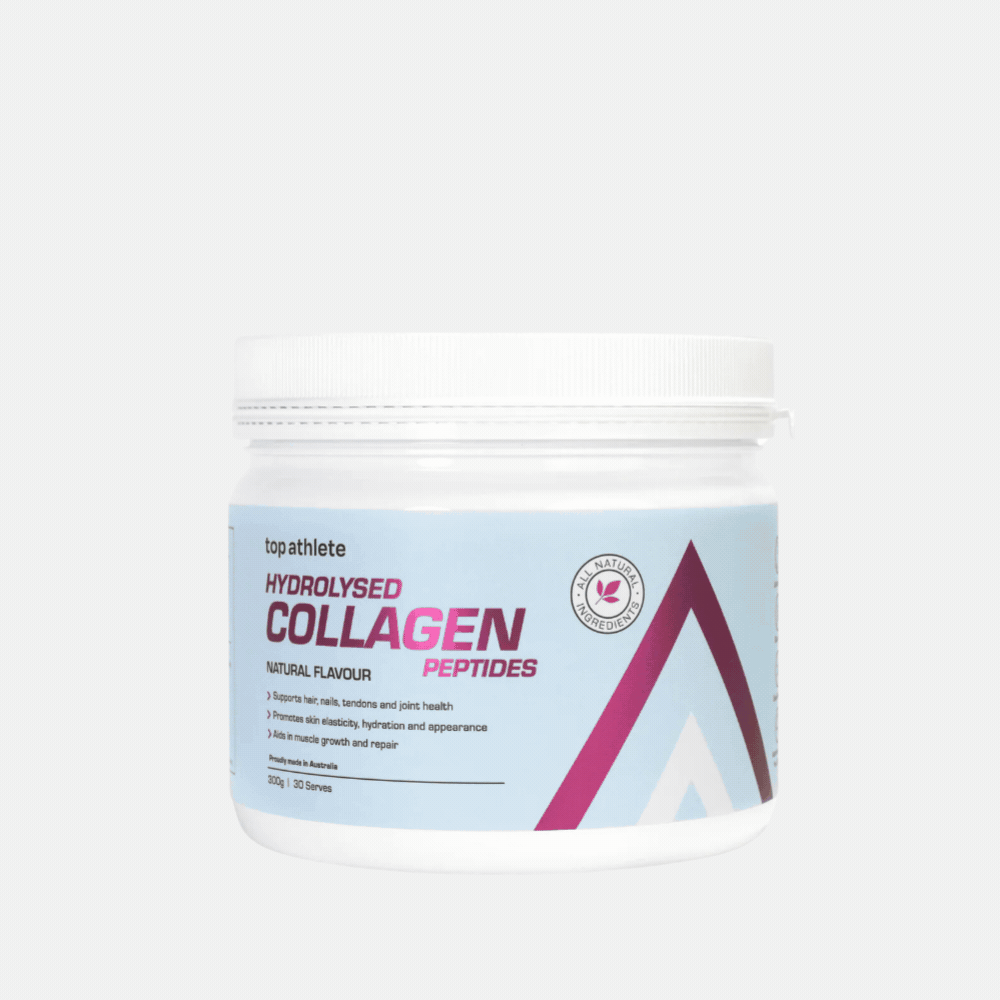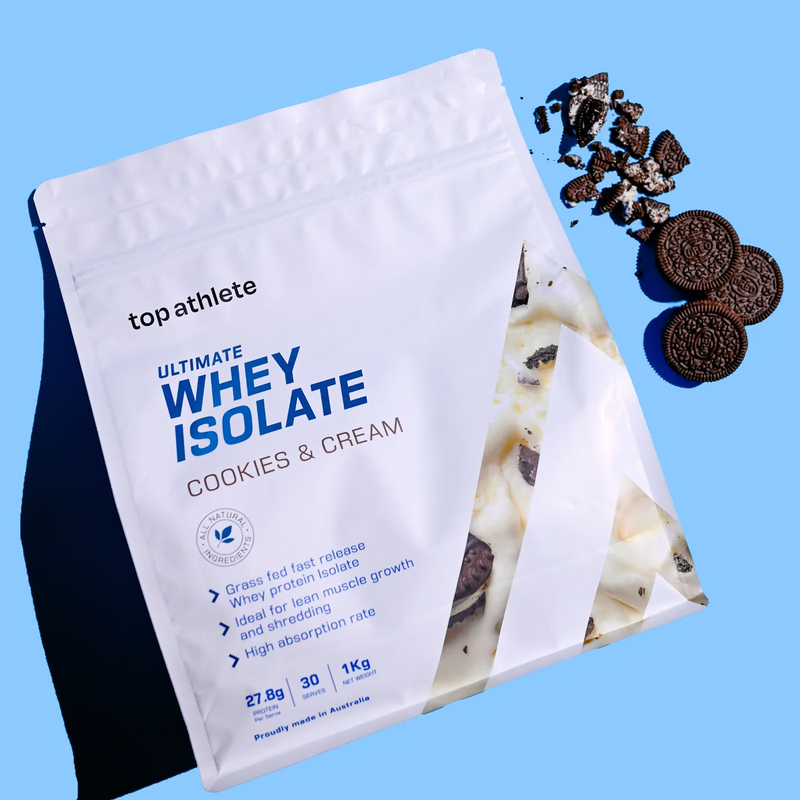There is some evidence to suggest that whey protein may potentially contribute to the development of acne in certain individuals. However, it is essential to understand that the link between whey protein consumption and acne is not definitive and can vary from person to person.
The potential connection between whey protein and acne is attributed to several factors:
-
Hormonal Effects: Too much Whey protein can increase the production of insulin and insulin-like growth factor 1 (IGF-1). Elevated levels of these hormones may influence sebum (oil) production, which can lead to clogged pores and contribute to the development of acne.
-
Dairy Sensitivity: Some individuals may be sensitive to dairy products, including whey protein. Dairy sensitivity can trigger an inflammatory response in the body, which might worsen acne in susceptible individuals.
-
Digestive Issues: Whey protein can be challenging to digest for some people, leading to gastrointestinal disturbances. Digestive problems can also contribute to the development of acne by altering the gut microbiome and potentially leading to systemic inflammation.
-
Dietary Habits: People who consume whey protein supplements might also have other dietary habits that could influence acne, such as consuming large amounts of sugary foods or processed carbohydrates, which can exacerbate skin issues.
It's important to note that not everyone who takes whey protein will experience acne, and some individuals may be able to tolerate it without any adverse effects on their skin.
If you are concerned about whey protein's impact on your skin, consider the following steps:
Consult a Healthcare Professional
Monitor Your Diet
Try alternative protein Sources
Maintain a Healthy Healthcare Routine



